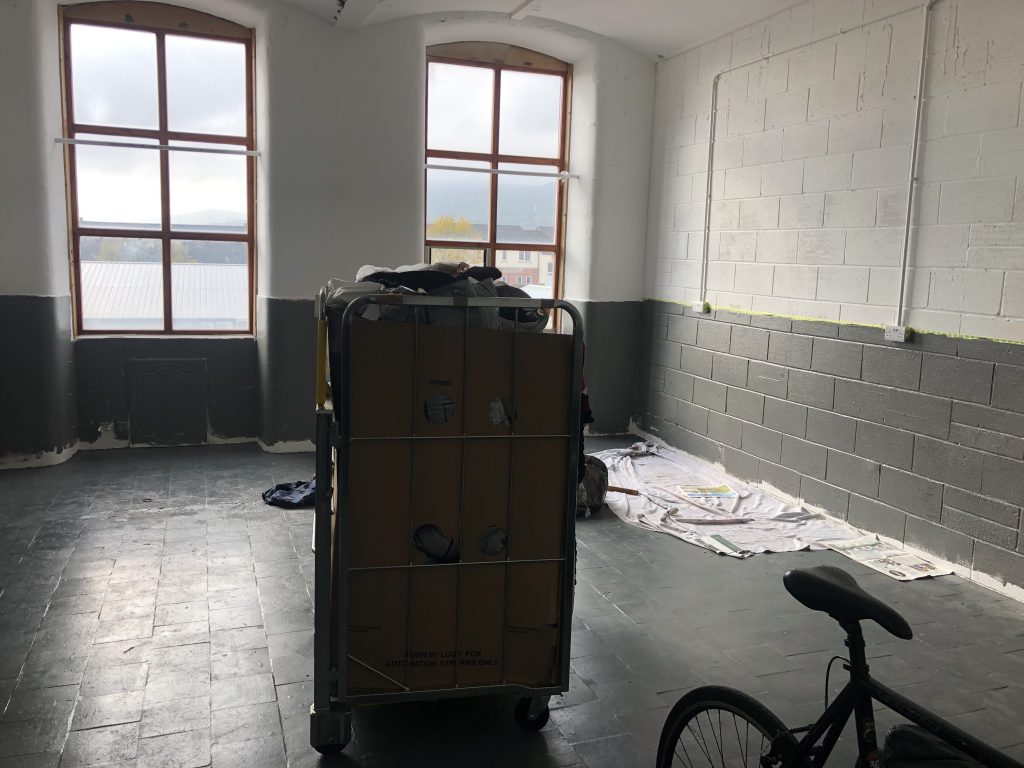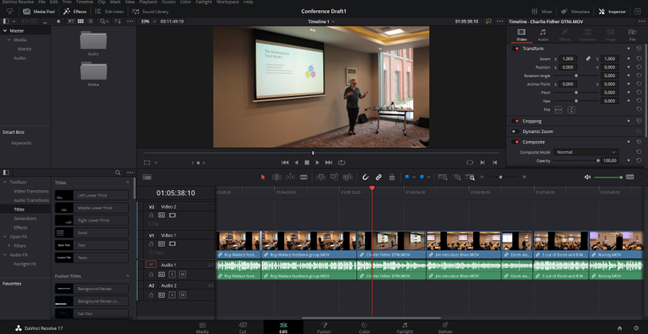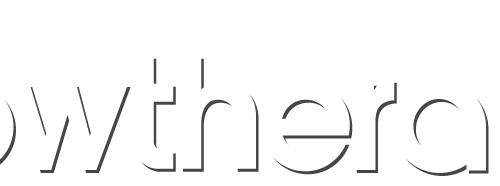The Importance of Preproduction and Editing

My placement is with Lamb Films under Larry Cowan. So far I have been working on the preproduction for a feature film that Lamb Films will be producing. This has included painting and setting up sets as well as writing up the shot lists for the possible locations for the scenes within the film. I have also undertaken editing a conference by cutting it down to the key moments for each speaker and then compiling the cuts together to create a continuous speech of the best moments as well as a one minute promotional video for the conference.
This work has been enjoyable but it is not the main aspect of the placement that I would like to work on as cinematography is of greater interest to me. But working on the preproduction has provided me experience of what it will be like to work within this career path. This includes what preparation needs to go into a production before filming, such as what is needed to be done to setup for sets and scouting sets. I am not enthusiastic about editing but through doing more work within editing I have expanded my skills and enjoyed the process of developing greater filmmaking talents, as editing has “the unprecedented facility they offer in storing infinite versions of a scene” (Dhir, 2016) and is a key skill needed in this career.

This has been a positive experience to date and I will be undertaking cinematography in the future for other productions within this placement. So the placement has been of benefit by working on other areas in film that I have less interest in, providing the opportunity to learn about these fields which are vital to understand when following a filmmaking career. As “preproduction is systematically linked to organizational survival” (Lomi, Erik R., & Filippo, 2010) it is vital to understand, to be able to work within this career. This placement is teaching me to not only learn what I am interested in but all aspects of the industry, which will make me a good candidate when applying for jobs thanks to a better understanding of the workplace than others who only specialise in one field.
I have chosen to use the Gibbs Reflective Cycle because it benefits me to have a clear analysis of my experience of the placement. It clearly lays out each part of its reflective cycle and encourages me to not only reflect on my experience but also encourages me to analyse what I enjoyed about the experience. It makes me consider what I could improve about my work, based on what I was lacking in the form of experience and practice of the work. “This form of thinking involves starting to extrapolate solutions or possible options out of the information they already have” (Evans, et al., 2017) , so without using this reflective cycle it is unlikely that I would have been able to properly analyse my placement. I would have had to rely on my thoughts on my work and reflect on the experience alone, and possibly not thought deeper about the experience.

I did not think I would be painting a set during this placement but I have learned about the work that goes into setting up a film. Larry Cowan has taught me about putting the work into each part of the film and how applying that work into the preproduction shows your value as a member of the team, and demonstrates to your co-workers your dedication to the project. Larry has also shown me the real life side of how business works because the conference I edited was unpaid work for him, but was done as a favour for another company, which in hand will bring about more work from that company to him. Showing how helping other people, leads to a positive work relationship which will be of benefit in the future.

I have learnt that I need to improve my approach to editing, as I only thought about separating the speakers without considering the separate audio files. This made the work take longer, as I then had to find the correct audio from the cut video of the speakers I had. This has helped me learn to take a more considered approach to my work in order to structure my work, better to both create a more timely and clean work environment. From my work on the shot-list for the film I have learnt how the more academic approach of researching the area for possible locations is not always the best way to go about working. I received better results from asking local people about locations they think would fit best for a certain scene. Their recommendations were not only a superior fit for the scenes but came at a lower cost than the ones recommended from my original research. This demonstrates how in this industry the expected approach may not attain the best results and that thought should be given to other methods for better results in order to be successful in such a work environment. This has helped train me not to necessarily take the convenient route, but to explore all options and think through the planning and execution of all work in this career.
Bibliography
Dhir, Meraj. “THE MODERN ENTERTAINMENT MARKETPLACE, 2000–PRESENT: Editing.” In Editing and Special/Visual Effects, edited by Charlie Keil and Kristen Whissel, 156–71. Rutgers University Press, 2016. http://www.jstor.org/stable/j.ctt1dwstbn.14.
Lomi, Alessandro, Erik R. Larsen, and Filippo Carlo Wezel. “Getting There: Exploring the Role of Expectations and Preproduction Delays in Processes of Organizational Founding.” Organization Science 21, no. 1 (2010): 132–49. http://www.jstor.org/stable/27765956.
EVANS, ADRIAN, ANNA CODY, ANNA COPELAND, JEFF GIDDINGS, PETER JOY, MARY ANNE NOONE, and SIMON RICE. “Reflective Practice: The Essence of Clinical Legal Education.” In Australian Clinical Legal Education: Designing and Operating a Best Practice Clinical Program in an Australian Law School, 153–78. ANU Press, 2017. http://www.jstor.org/stable/j.ctt1q1crv4.12.
You May Also Like

Working with a Production House
30 November 2022
Interview a New You! – Becoming an Interview Guru
24 February 2023
